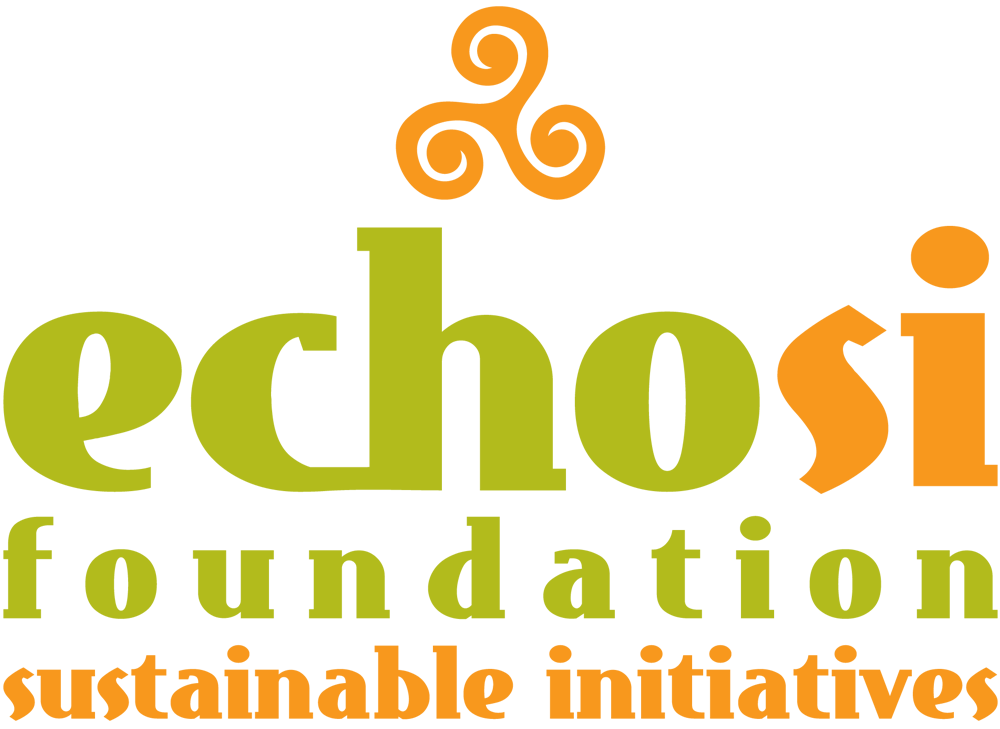MANILA — Maranao weavers and Tacloban seamstresses have come together to create reusable face masks as they hope to rewrite the disaster-stricken narrative in their communities while adapting to the new normal caused by the COVID-19 pandemic.
Called Kadasig, the face masks were made through a partnership with Pilipinas Shell Foundation Inc. (PSFI) and ECHOsi Foundation Inc., each with their own community-driven livelihood development programs for the women of Tacloban and Marawi, respectively.
“Kadasig, which means resilient in Waray-Waray, is not only about celebrating the heritage of our indigenous fabric but the tangible output of their fortitude,” PSFI executive director Sebastian Quiniones Jr. said in a statement.
“It has already been years since the tragedies of typhoon Haiyan and the Marawi siege, and many in the affected communities are still struggling with rehabilitation. This is why the Kadasig project is also about supporting these women as they change the narrative so often told about their communities,” he added.
“Instead of the tragedies that have come to define them, they can once again express their hopes and dreams, one thread and stitch at a time.”
Designed based on the guidelines released by the World Health Organization for non-medical face masks, the Kadasig is made of three layers using a combination of absorbent and non-absorbent materials.
The unique weave on the outer layer was made by the Maranao weavers using a traditional backstrap loom. The Maranao weave, in turn, is used by the seamstresses of Tacloban, who cut, sew, and structure the traditional fabric into the final product.
The Kadasig reusable face masks are available for purchase on the ECHOstore website.
This article first appeared on ABS-CBN on Feb 29, 2021

